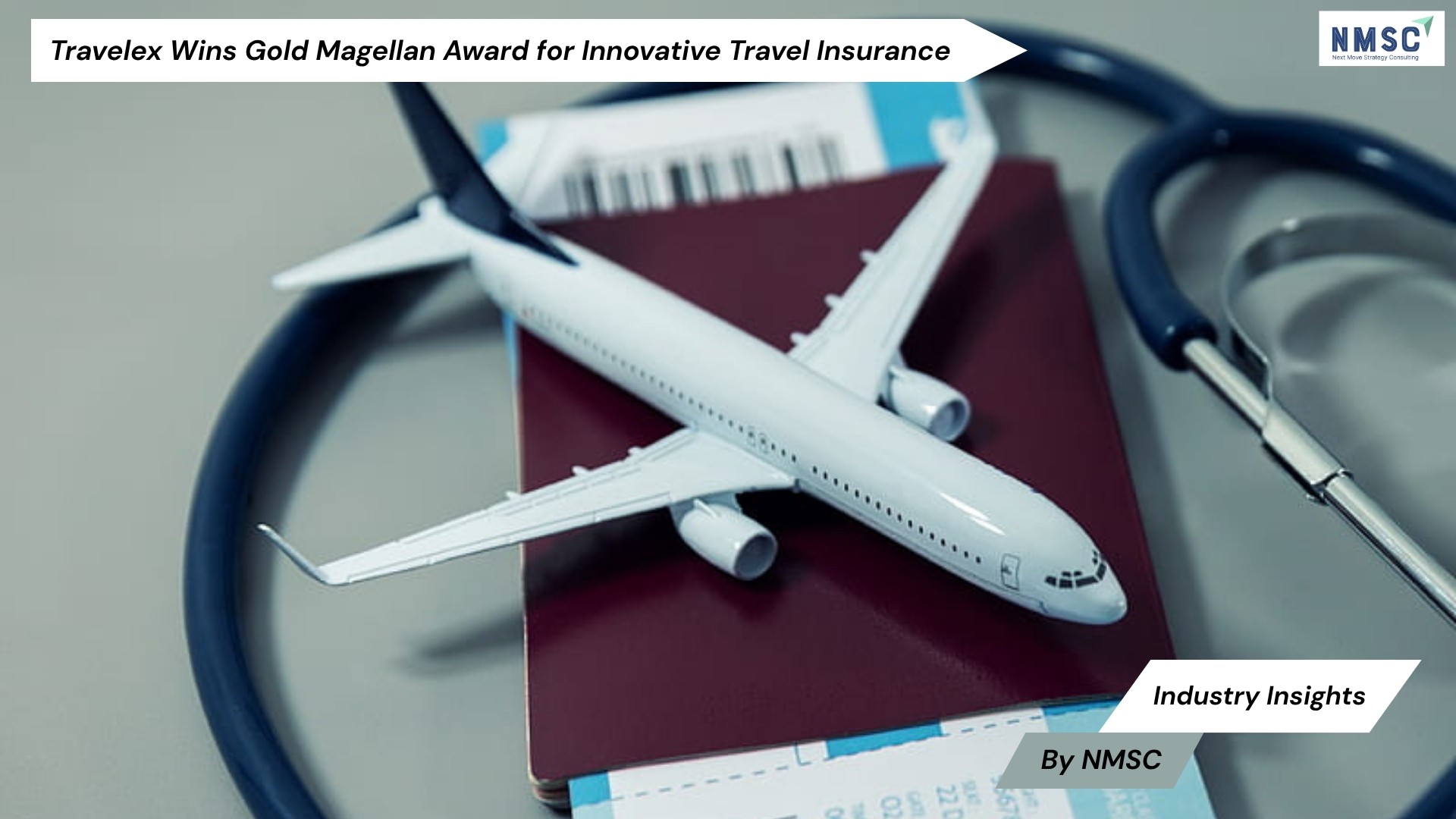Japan Travel Insurance Market is expected to reach USD 2998.6 million by 2030
Published: 2025-02-27
Increasing marketing and awareness of travel insurance and evolving travel landscape are driving up demand for the Japan travel insurance market during the forecast period.
The Japan Travel Insurance Market size was valued at USD 577.7 million in 2023 and is predicted to reach USD 2998.6 million by 2030, with a CAGR of 25.0% from 2024 to 2030, according to new research by Next Move Strategy Consulting. The advancement of the travel insurance industry in the country heavily relies on the amplification of marketing efforts and the augmentation of awareness.
Through strategic marketing campaigns, insurance providers can effectively convey the importance of travel insurance in mitigating risks and instilling confidence in travelers. By showcasing real-world scenarios, testimonials, and success stories, insurers can educate consumers about the potential financial implications of unforeseen events such as trip cancellations, medical emergencies, or lost possessions.
Moreover, by leveraging digital marketing platforms, social media networks, and partnerships with travel agencies or airlines, insurers can extend their reach and enhance brand visibility. As awareness of travel insurance proliferates, more travelers acknowledge its value proposition and are inclined to purchase coverage for their trips, thereby expanding the customer base and driving industry growth.
Additionally, compliance with regulatory requirements in specific destinations and the integration of travel insurance into travel packages or booking platforms further facilitate the adoption of insurance products. Ultimately, by effectively marketing and increasing awareness of travel insurance, insurers can stimulate demand, improve customer engagement, and propel the growth of the travel insurance industry.
Also, the dynamic nature of the travel sector within the country mirrors the constant evolution of consumer preferences, travel patterns, and global trends. This evolution is manifested in the emergence of new destinations and innovative travel styles that cater to diverse interests and desires. As tourists increasingly seek unique and off-the-beaten-path experiences, they are exposed to a variety of new risks, ranging from medical emergencies in remote locations to unforeseen cancellations.
In response to these shifting dynamics, travel insurance firms are proactively adapting and developing new insurance schemes tailored to the specific needs of modern travelers. These companies are introducing specialized coverage options for adventurous pursuits, longer travel durations, or lifestyles such as the digital nomad lifestyle. By aligning their insurance products with emerging travel trends and destinations, insurers are not only meeting the evolving demands of travelers but also expanding their market presence and attracting a broader customer base.
This proactive approach not only caters to the changing needs of travelers but also fosters market growth by offering comprehensive solutions that provide assurance and coverage across a wide range of travel experiences. By providing insurance options that cater to the diverse needs and preferences of modern travelers, insurers are ensuring that travelers have access to suitable coverage regardless of their destination or travel style.
Ultimately, this symbiotic relationship between the evolving travel industry and innovative insurance products drives market expansion and ensures that travelers can confidently explore the world knowing that they are adequately protected against unforeseen circumstances. As the travel sector continues to evolve, insurance providers will play a crucial role in providing peace of mind and financial security to travelers, thus contributing to the overall growth and sustainability of the travel insurance market.
However, overcoming regulatory challenges represents a significant obstacle in the expansion of the travel insurance market in the country. Adhering to diverse regulations across different regions and countries proves complex and costly for insurance providers. Additionally, changes or uncertainties in regulations may erect barriers to entry for new market players, thereby limiting competition and stifling innovation.
Moreover, stringent regulations related to coverage terms, pricing, and claims processing can constrain insurers' ability to offer flexible and tailored products to meet the evolving needs of customers. These challenges not only escalate administrative burdens but also curtail opportunities for market expansion, impeding the overall growth potential of the travel insurance industry.
On the contrary, the integration of predictive analytics for risk assessment presents abundant opportunities for market expansion within the travel insurance industry in the country. By leveraging advanced algorithms and data analytics techniques, insurers can effectively analyze extensive sets of historical and real-time data to precisely evaluate risks related to travel, including medical emergencies, trip cancellations, and natural disasters.
This proactive approach empowers insurers to provide customers with more personalized and accurately tailored insurance products based on their individual travel profiles and risk factors. Additionally, predictive analytics can optimize underwriting processes, allowing insurers to price policies more competitively and accurately while mitigating the risk of adverse selection.
Moreover, by harnessing predictive insights, insurers can devise proactive risk mitigation strategies and preventive measures, ultimately enhancing customer satisfaction and loyalty. Overall, the integration of predictive analytics for risk assessment paves the way for market growth by fostering product innovation, improving customer experience, and enhancing operational efficiency within the travel insurance sector.
Request for a Sample PDF on the Japan Travel Insurance Market
Several market players operating in the Japan travel insurance market include AXA SA, Zurich Insurance Group Limited, AIG, Inc., Chubb Limited, Aon Plc, Generali Group, ANA Group, Sompo Japan Insurance Inc., Sony Assurance Inc., Tokio Marine Group, PRESTIGE International Inc., Meiji Yasuda Life Insurance Company, Emergency Assistance Japan Co., Ltd., Japan Assist International (JAIC), FWD Group and Others.
Key Insights from the Japan Travel Insurance Market Report:
-
The information related to key drivers, restraints, and opportunities and their impact on the Japan travel insurance market is provided in the report.
-
The value chain analysis in the market study provides a clear picture of the roles of each stakeholder.
-
The market share of players in the Japan travel insurance market is provided in the report along with their competitive analysis.
















Add Comment